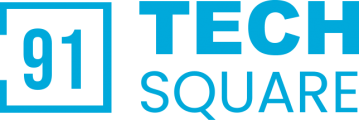Chapter 1: Introduction to HTML Basics
In this chapter We will understand What HTML Is
Understanding What HTML Is:
Introduction:
In today’s chapter, we’re going to dive into the fundamentals of HTML, the backbone of web development.
What is HTML?
- Defining HTML: “HTML stands for Hypertext Markup Language.”
- Purpose of HTML: “It’s the standard markup language for creating web pages and web applications.”
- Emphasizing structure: “HTML allows us to structure content on the web, making it readable for browsers and accessible for users.”
HTML Basics:
- Introducing the concept of tags: “HTML uses tags to define elements on a web page.”
- Examples of tags: “For instance, the
<p>tag is used for paragraphs, and the<h1>to<h6>tags are for headings.”
Document Structure:
- Mentioning the basic structure: “An HTML document is organized with elements like
<html>,<head>,<title>, and<body>.” - Explanation: “The
<html>tag wraps the entire document,<head>contains metadata,<title>sets the page title, and<body>holds the content.”
Attributes in HTML:
- Introduction to attributes: “Attributes provide additional information about HTML elements.”
- Examples: “The
srcattribute in an<img>tag specifies the image source, and thehrefattribute in an<a>tag defines the hyperlink destination.”
So, in a nutshell, HTML is the language that structures the content of the web. It uses tags and attributes to define elements, creating a meaningful and readable experience for users.
Now that we’ve got a basic understanding, try creating a simple HTML document on your own. Feel free to share your experiences or questions in the comments below.
To create your first HTML document You can created a page using extension of .html or .htm and open that page in any browser. Know more about html and html elements and structure.




